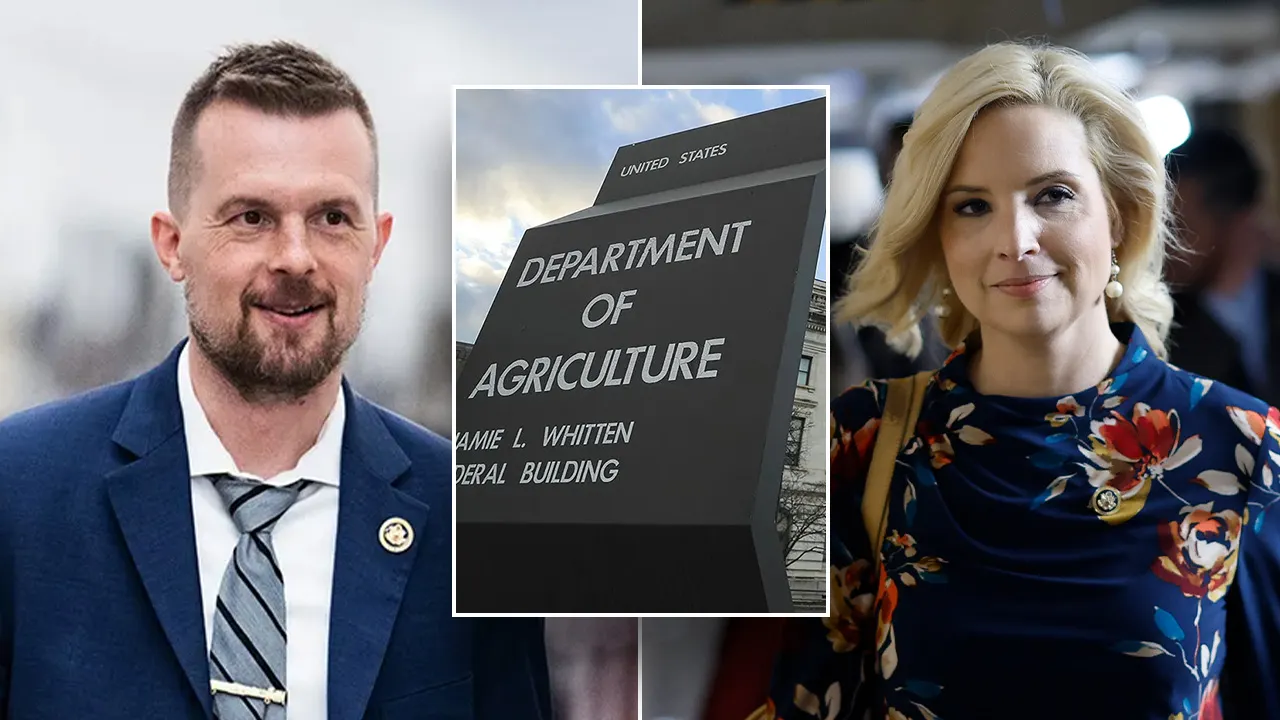Bipartisan lawmakers join forces to break up ‘out-of-touch’ DC power structure

A groundbreaking bipartisan effort is underway in Washington, D.C., as a Republican and a Democrat join forces to introduce a bill aimed at breaking up the centralized power structure in the nation’s capital. Reps. Ashley Hinson, R-Iowa, and Jared Golden, D-Maine, are spearheading this initiative to relocate certain U.S. government offices to other parts of the country.
The proposed legislation, set to be unveiled on Tuesday, excludes national security-focused agencies like the Department of Justice, the Pentagon, the Department of Energy, and the State Department. However, agencies such as the U.S. Department of Agriculture (USDA) and the Department of Interior would be required to seek new locations outside of the Washington, D.C., metropolitan area, as the bill prohibits new leases, old leases, and major renovation permits within the capital region.
The bill outlines a “competitive bidding process” for states to offer their land to the federal government for agency relocations. According to Hinson, the goal is to move federal agencies closer to the people they serve most, ensuring that decisions made by federal bureaucrats are more in touch with the needs of working families, small businesses, and farmers across the country.
Hinson emphasized that there is no valid reason for the USDA to operate in Washington, D.C., when it could be situated in a state like Iowa, where agriculture plays a significant role in the economy. Golden echoed this sentiment, highlighting the importance of having regulators embedded in the communities they impact to make informed decisions that reflect the realities of local industries.
Sen. Joni Ernst, R-Iowa, who has introduced a similar bill in the Senate, emphasized that this legislation aims to rein in the administrative state and bring government closer to the people it serves. While the full impact on job levels in Washington, D.C., remains uncertain, proponents of the bill argue that it will save taxpayer dollars by overseeing federal leases more effectively, especially in light of unused office spaces due to remote work policies resulting from the COVID-19 pandemic.
The bill also includes provisions for using funds from the sale of federal land or buildings to offset relocation costs. While the overall financial implications of transferring agencies remain unclear, the lawmakers behind the bill are confident that it will lead to a more efficient and effective government that is better connected to the needs of the American people.
In conclusion, this bipartisan effort represents a significant step towards decentralizing power in Washington, D.C., and ensuring that federal agencies are more responsive to the diverse needs of communities across the country. By bringing government closer to the people it serves, this bill has the potential to enhance transparency, accountability, and efficiency in the federal bureaucracy.




